Akhil Bansal
 The oil industry has been witnessing significant turmoil and uncertainty in recent months. The primary benchmark for international oil prices, the Brent crude, reached a level ($80.49 per barrel) in May that was not seen since 2014. Histrionics around the US sanctions on Iran have also affected sentiments considerably. In recent weeks, tariffs imposed by the Donald Trump administration and the increasing production from Saudi Arabia and Libya have caused abatement of prices. However, with the global economy in a better position now than in the last few years and the oil supply glut disappearing, crude price might not fall sharply over the near term, as it did before. High oil prices is a double whammy for India: it would not only widen the country’s trade deficit but also impose a fiscal burden on account of fertilizer, kerosene and LPG subsidies.
The oil industry has been witnessing significant turmoil and uncertainty in recent months. The primary benchmark for international oil prices, the Brent crude, reached a level ($80.49 per barrel) in May that was not seen since 2014. Histrionics around the US sanctions on Iran have also affected sentiments considerably. In recent weeks, tariffs imposed by the Donald Trump administration and the increasing production from Saudi Arabia and Libya have caused abatement of prices. However, with the global economy in a better position now than in the last few years and the oil supply glut disappearing, crude price might not fall sharply over the near term, as it did before. High oil prices is a double whammy for India: it would not only widen the country’s trade deficit but also impose a fiscal burden on account of fertilizer, kerosene and LPG subsidies.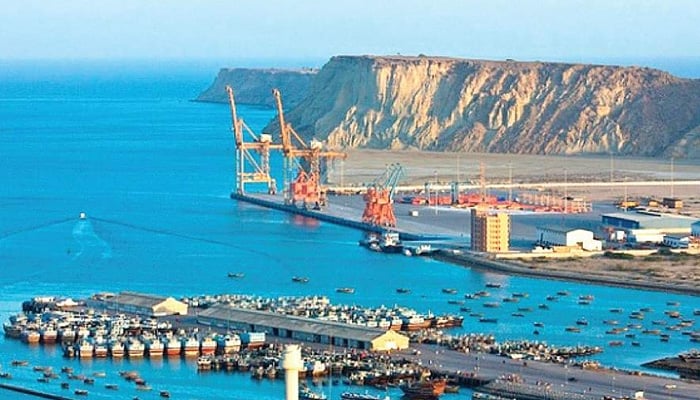
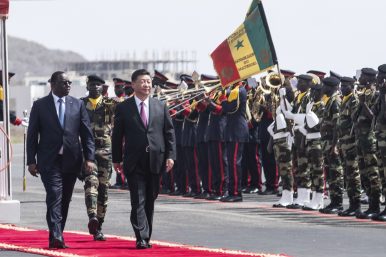



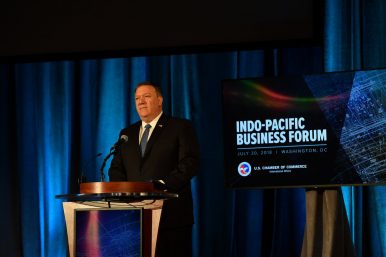
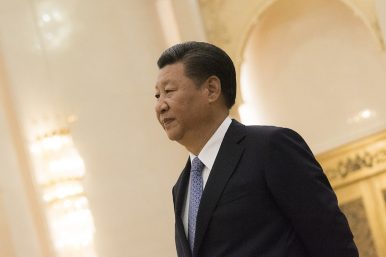
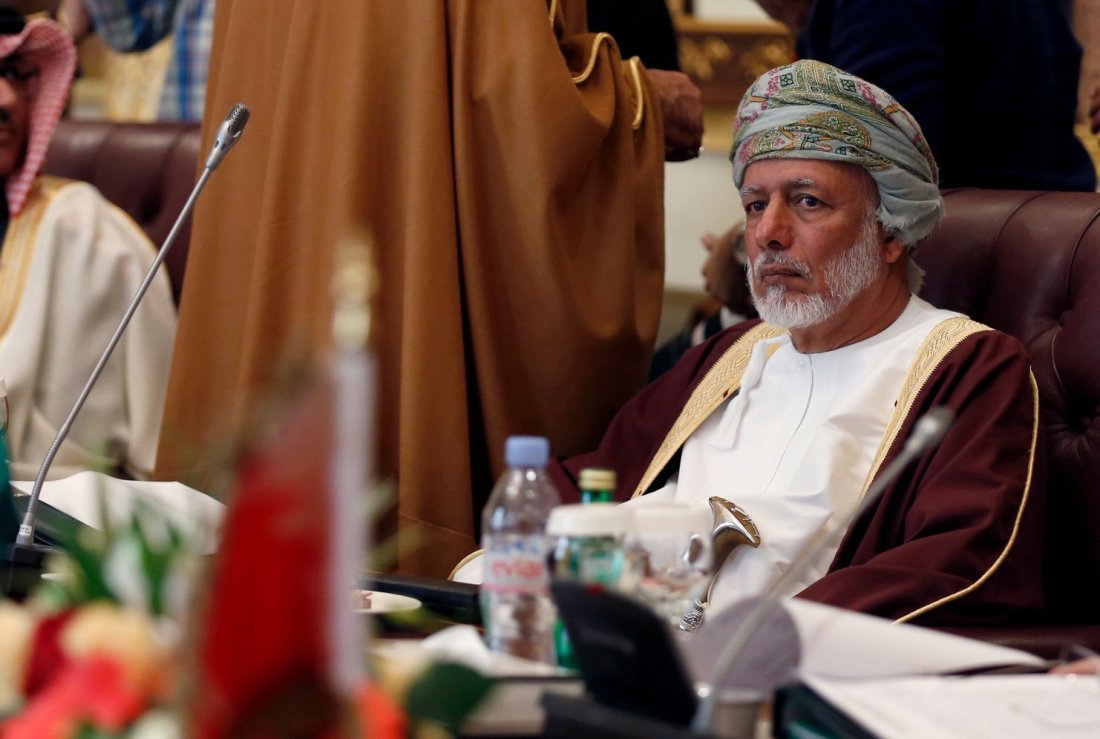


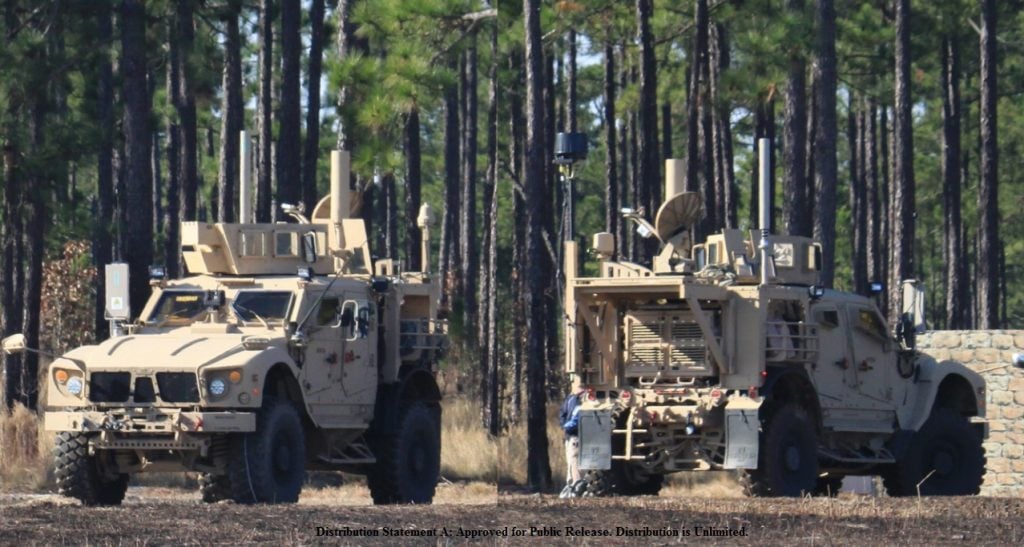

/arc-anglerfish-arc2-prod-mco.s3.amazonaws.com/public/PVBSGFPEURG43OMLBEF4AGLDEY.jpg)
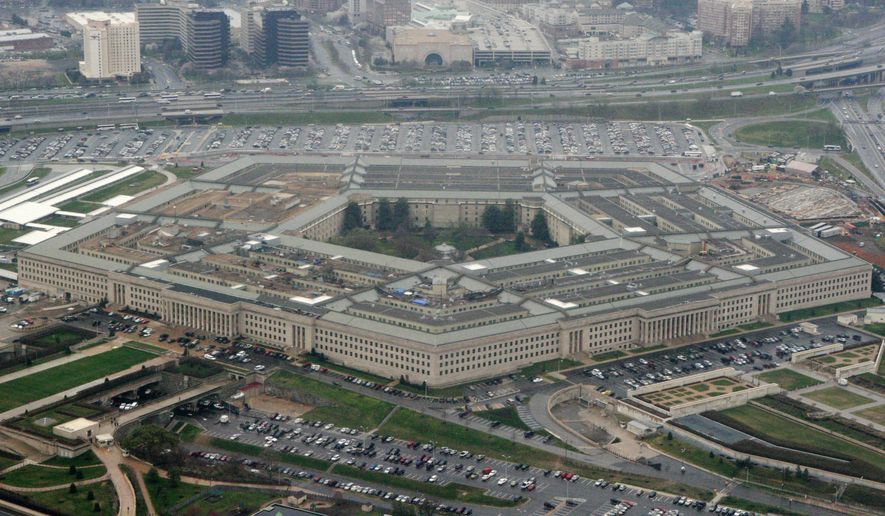

/arc-anglerfish-arc2-prod-mco.s3.amazonaws.com/public/7P3Q2A5RXRDPRLGTGX77WXEFJM.jpg)